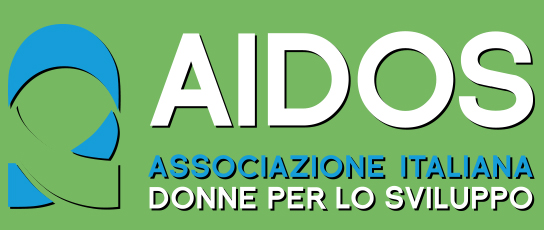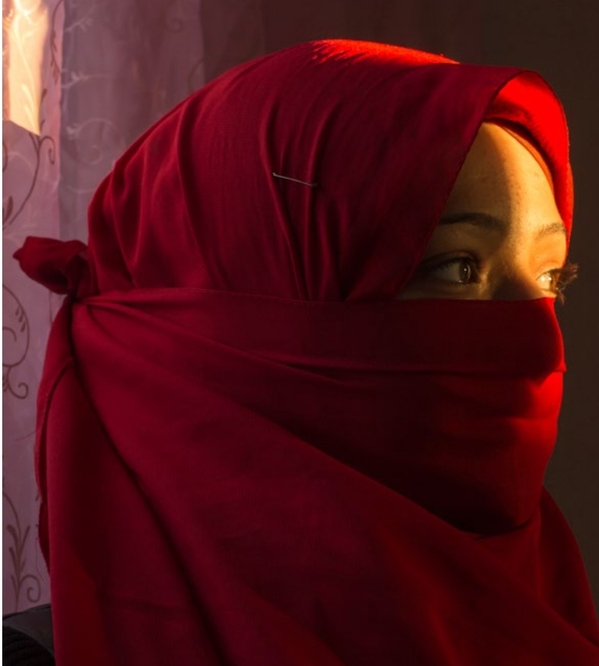2021/2022 – Sexual and Reproductive Health and Rights/Training
WHERE
Jordan: Amman (Sweileh), Zarqa and Irbid.
PARTNER
AIDOS (Coordinator), The Noor al Hussein Foundation (NHF) / Institute for Family Health (IFH)
BACKGROUND
According by the High Council for the Rights of Persons with Disabilities, about 11.2% of the Jordanian population over the age of 5 years lives with a disability due to marriage between relatives, medical errors or traffic accidents. Among the refugee population (as of 5 July 2020, UNHCR registered 658,028 Syrian refugees in Jordan), the incidence of disability would rise to 22%. People with Disabilities (PwD) are among the most vulnerable groups: they may have difficulty accessing humanitarian assistance programmes due to social, environmental and communication barriers, with increased risks of protection, including sexual and gender-based violence (SGBV). The intersection of gender inequality and disability makes women and girls with disabilities particularly vulnerable to SGBV, abuse, and stigmatisation. Refugee women and girls with disabilities may face additional difficulties due to the intersection of gender, disability and displacement. In addition, social norms often designate women and girls as PwD caregivers, which may strengthen their isolation and further limit their access to social and economic support, increasing their vulnerability to violence and exploitation. Men with intellectual disabilities are also at risk of sexual violence. With the outbreak of COVID-19 pandemic, the Jordanian government adopted restrictive measures and imposed a mandatory curfew. PwDs, have encountered considerable difficulties and complain about the lack of medicines, nappies, food, therapies, income. Women and girls were at higher risk of exposure to SGBV, particularly domestic violence, online sexual harassment and telephone sexual exploitation, and faced higher barriers to reporting and using the services. Women and girls taking care of children, sick and elderly people with chronic illnesses in the family were at increased risk of infection and negative coping mechanisms, such as early marriage.
GOALS
General objective
Improving the protection of people with disabilities (PwD), including refugees and host communities, at risk and/or survivors of SGBV in the COVID context.
Specific objectives
Promoting the access of PwDs, among refugees and host communities, to integrated and inclusive services (screening, case management, case referral, counselling) for prevention and protection from SGBV in the COVID context;
strengthening the Jordanian response for the provision of such services: the skills of the operators of IFH/NHF, Organisations of people with disabilities (DPOs) and civil society organisations (CSOs) on how to handle both disability and SGBV cases will be increased. Practical guidelines and operational tools will be developed for the inclusion of PwD in SGBV programmes. AIDOS consultants, assisted by an IFH/NHF co-trainer and the HCD counsellor will train about 18 staff members from 3 IFH clinics. After this testing phase, the guidelines will be finalised and partner staff will train DPOs and CSOs, including women CBOs, on the use of the guidelines;
increasing community involvement and awareness on the interrelation between SGBV and disability in the COVID context. IFH will conduct community awareness raising activities on COVID-19 and SGBV in people with disabilities and will distribute information materials with the aim to educate community members on disability, COVID 19 and SGBV prevention to better protect and address the prevalence of violence against PWD.
The whole project will adopt a gender approach to promote an appropriate response to the different needs of men and women, reduce gender inequalities and promote equal opportunities.
BENEFICIAIRES
Direct beneficiaries
Syrian and Jordanian refugees with disabilities (50% women and 50% men); disability specialists from three NHF clinics; practitioners from CSOs, including women’s grassroots organisations and organisations of people with disabilities (DPOs); people from the Jordanian and refugee community.
Indirect beneficiaries
People with disabilities at risk and/or survivors of SGBV, the communities of Amman, Zarqa and Irbid.
AIDOS ACTIVITIES
AIDOS will be responsible for the management and technical monitoring of the project and will provide technical assistance to the local partner.
EXPECTED RESULTS
1.700 Syrian and Jordanian refugees with disabilities (50% women and 50% men) will benefit from specific prevention and protection integrated support services; approximately 18 disability specialists from three NHF clinics will be trained by AIDOS experts on the use of the practical guidelines for the effective inclusion of PwD in SGBV programmes and, viceversa, of SGBV in PwD programmes; approximately 40 practitioners from 20 civil society organisations (CSOs), including women’s grassroots organisations and organisations of people with disabilities (DPOs), will be trained by IFH on the use of the guidelines; about 3,500 people from the Jordanian and refugee community will benefit from information and awareness raising activity.
WHEN
25 January 2021 – 25 February 2022 (13 months)
COST OF THE PROJECT
499,921.14 €
WHO IS FINANCING
Italian Agency for Development Cooperation – AICS Amman

